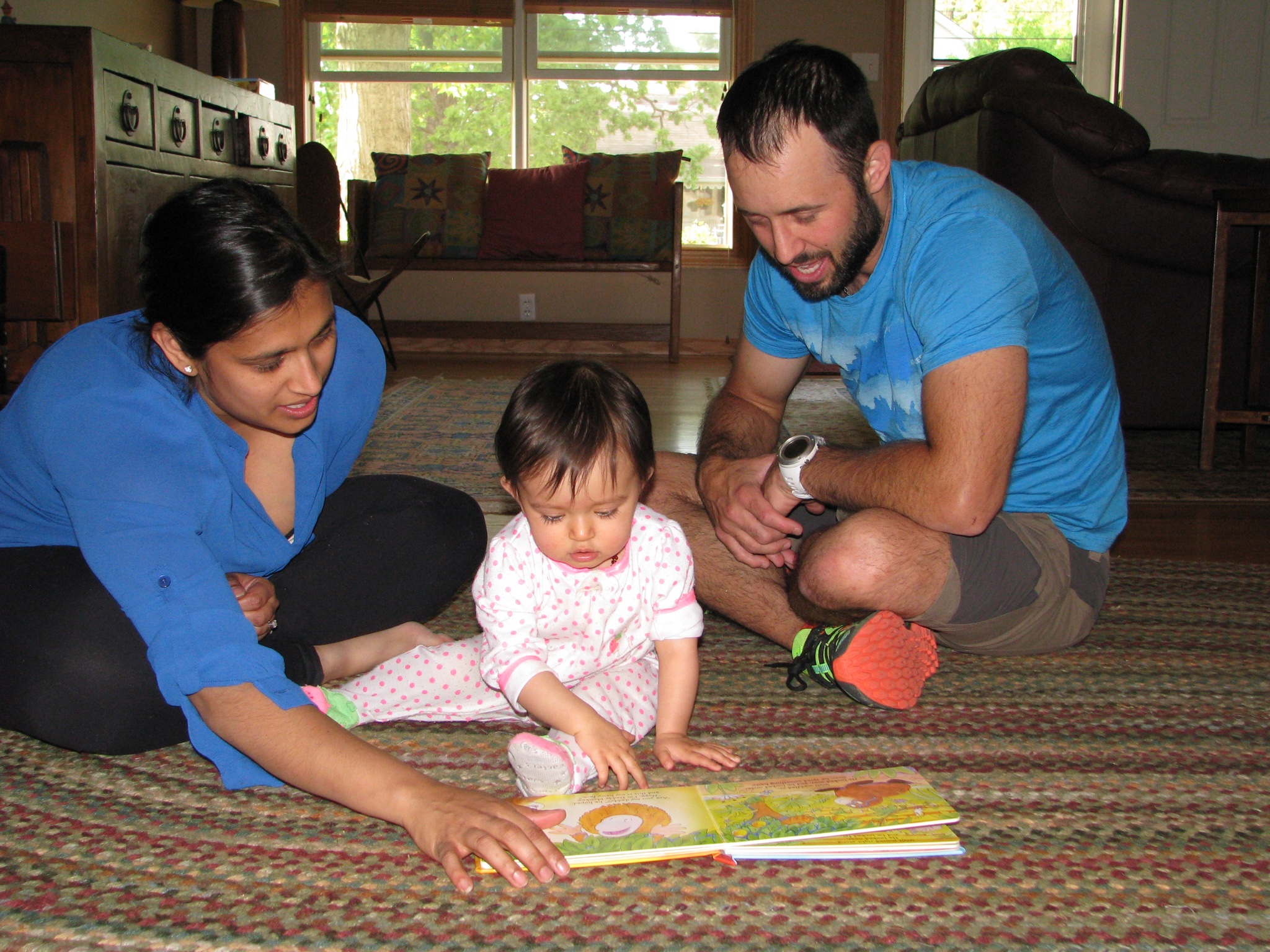Being a Mentor is the Best Feeling
I would be remiss if I didn’t talk about BEING a mentor as much as I talked about having one (or several). Being a mentor brings a tremendous amount of energy, hope, and positivity to one’s life, and I highly recommend it. Plus, I’ve found that when you help others, it can bring you a level of awareness and insight about yourself that you couldn’t have achieved any other way.
Here are a few of my favorite stories of having the honor of being a mentor (in some cases, details changed to ensure anonymity):
I’ll start out with a small example. I try to be quite friendly with everyone I work with and to get to know them, at the very least to say hello and ask about someone’s day. In this case, I had spoken to a junior colleague a bit more — about hobbies and the like. Then, one day, he asked if we could chat. I said yes, and he mentioned that he was supposed to get a promotion, but it hadn’t come through yet…he could really use the funds, so timing was important. Long story short, I was able to provide him with some information about the HR process and even had a casual conversation with his boss, which got the whole process moving along. I was so happy that a little knowledge made a difference for a deserving colleague.
The next one that comes to mind seems equally simple. It was a time when I ended up being a sponsor for a colleague - even though she hadn’t asked me to. I guess you could say that I played organizational matchmaker. I knew a leader who was looking for a specific skill set and talent profile for a new position. I also knew of another colleague who was ready to make a change into a new role. One intro later, and Ta-Da! Obviously, the two of them had to work out whether the role would work for both of them, but now that it has, they both tell me how appreciative they are that I made the connection.
Mentoring Tips Revisited
As a reminder, in my post on mentorship, I shared 5 tips for meaningful mentorship. Let’s see what those look like when YOU are the mentor:
You don’t have to know why you want one, but it sure helps: In this case, it helps to know your own strengths and competencies so that it’s clear when you are the right mentor for somebody vs. when you should kindly introduce your potential mentee to someone else more valuable in the given situation.
Put yourself in positions where you can meet new people: In both of my examples above of being a mentor, I would not have been able to help these mentees if I hadn’t taken the time to get to know them — and others.
Create genuine connections: Because all parties in these examples were willing to go beyond a simple “hello,” it meant that true value could be derived from the relationships.
Ask: In these examples, I was willing to reach out to my connections and to ask my peers and others for help — whether to identify the status of a promotion or to see whether a junior colleague would be a good fit for a new role. Also, it was important to ask the mentees what they really needed/wanted. .
Listen: While I’ve given simple examples above, being a mentor can be quite challenging. I would go as far as to say that mentors have a responsibility to ask good questions (ASK!). But, they also need to listen. It’s easy to think you can solve a person’s problem or to give them the perfect advice simply because you WANT to help, but if you don’t really listen, you could be leading them down a path that’s paved with challenges. See my post on the potential downside of a tap on the shoulder for an example.
